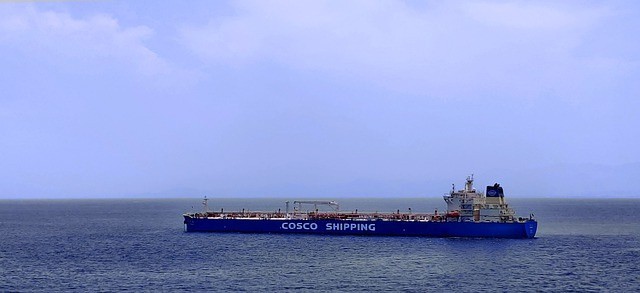
More Russian oil imports have found their way to the Middle East as the EU embargo is pushed. These developments come as India and China buy discounted oil, not so for G7 nations.
Western Nations Gets No Oil
According to Bloomberg on Friday, which cited vessel-tracking data, crude oil deliveries from the Middle East to the EU have surged by 90% since January as the bloc refused Russian oil due to penalties.
Deliveries have virtually doubled compared to the previous year, the report claims, reported RT.
More than 1 million barrels per day were pumped via the Sumed pipeline from the Middle East, primarily Saudi Arabia, to the EU in the first three weeks of July. Another 1.2 million people arrived via the Suez Canal, largely from Iraq.
It represents a 90 percent increase over what the EU obtained from the region in January, the month before Russia launched its military operation in Ukraine. Consequences against Moscow were then implemented, including a restriction on the import of Russian energy.
Early in June, the union enacted yet another wave of sanctions, which included a partial embargo on Russian oil and a prohibition on seaborne shipments.
Moscow's reply was to give a discount on oil, which India and China quickly seized upon. In recent months, both nations have boosted their purchases.
Although economists caution about the potential repercussions after the oil embargo takes force by the end of the year, the EU may have discovered a substitute for Russian oil in the Middle East, noted Fast News.
The move includes a ban on shipping Russian oil exports with insurance to customers globally, which might cause issues for total oil shipments and increase competition for the region supply.
G7 Demands Russian Oil Price Cap
Elvira Nabiullina, the head of the country's Central Bank, warned on Friday that Russia would stop providing countries that set a price limit on its oil.
Moscow contends that establishing a price cap will increase oil prices and harm Russian producers.
If they persist with the price cap, the next step will be to halt oil deliveries permanently as Moscow cracks the whip.
She made her remarks the day after Alexander Novak, the deputy prime minister of Russia, expressed concerns to the same effect, telling Russia's Channel One that a price cap would cause income to fall below the production cost.
Joe Biden desperately wants to lower oil costs and deprive Russia's earnings to show that he carries weight, as the G7 looks to him to do just that. It comes to even denial of shipping and insurance over a set rate.
The G7 nations think they can demand a price cap because British and European companies insure about 85-90% of oil transported from Russia, as remarked by the Brookings Institution, a US think tank.
Security Council Deputy Chairman Dmitry Medvedev slammed the attempt to get cheaper gas and said it might cost $300-400 a barrel.
Increased Russian oil imports to the Middle East due to low prices have prompted the G7 to think they could demand a price cap, but Russia refused.
Related Article : Russia Threatens G7 Zero Oil Exports If West Imposes Oil Price Cap
© 2025 HNGN, All rights reserved. Do not reproduce without permission.








